Introduction
Al Huda Nusantara Mosque, situated in Jatinangor, West Java, Indonesia, stands as a testament to the rich history and architectural heritage of Indonesian mosques. Designed by JXA Studio, this mosque embodies traditional Javanese and Indonesian architectural elements while incorporating modern design principles.
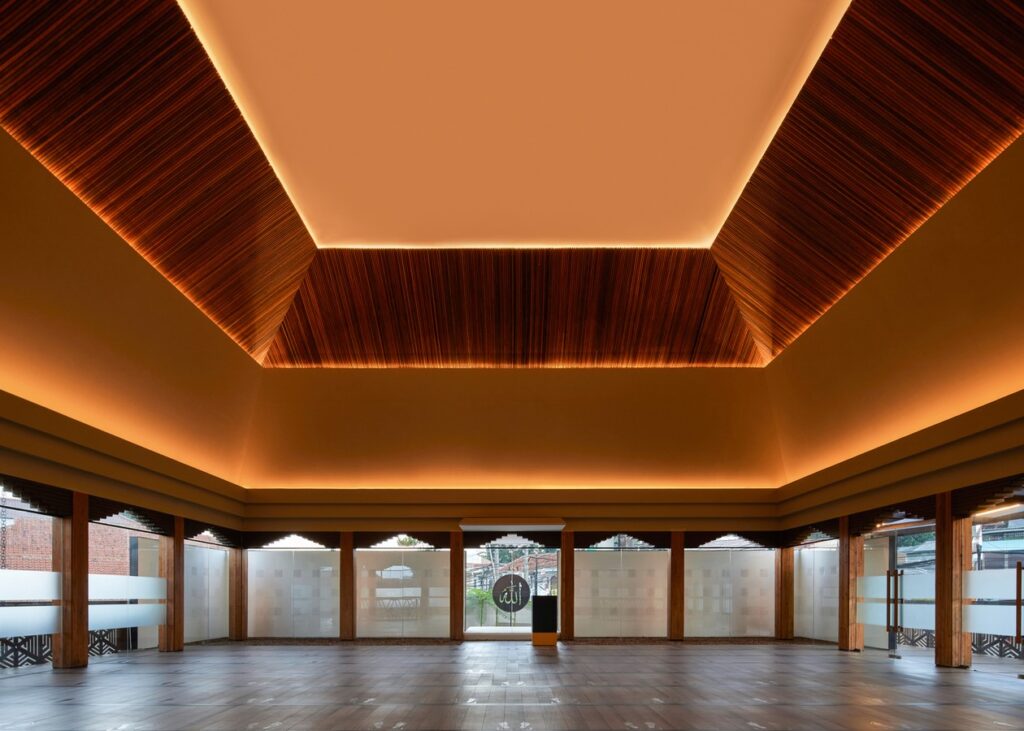
Embracing Historical Values
The development of Islam in Indonesia has been intertwined with the country’s extensive history, influencing the architecture of mosques. Al Huda Nusantara Mosque, designed to accommodate religious activities in a densely populated area, aims to become an iconic symbol while preserving historical values.
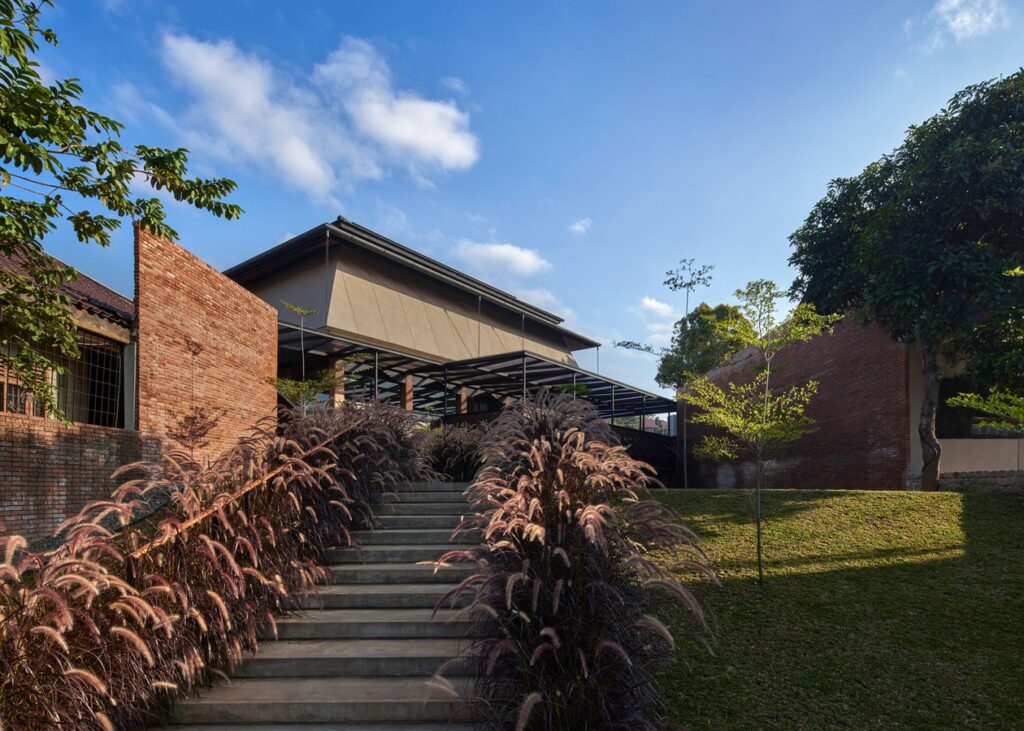
Traditional Design Elements
Unlike conventional mosque designs featuring domes, Al Huda Mosque adopts a square shape with a stacked tropical roof, reminiscent of wooden structures found in Hindu-Buddhist civilizations in Java and Bali. This design reflects traditional Javanese and Indonesian mosque architecture from before the 19th century.
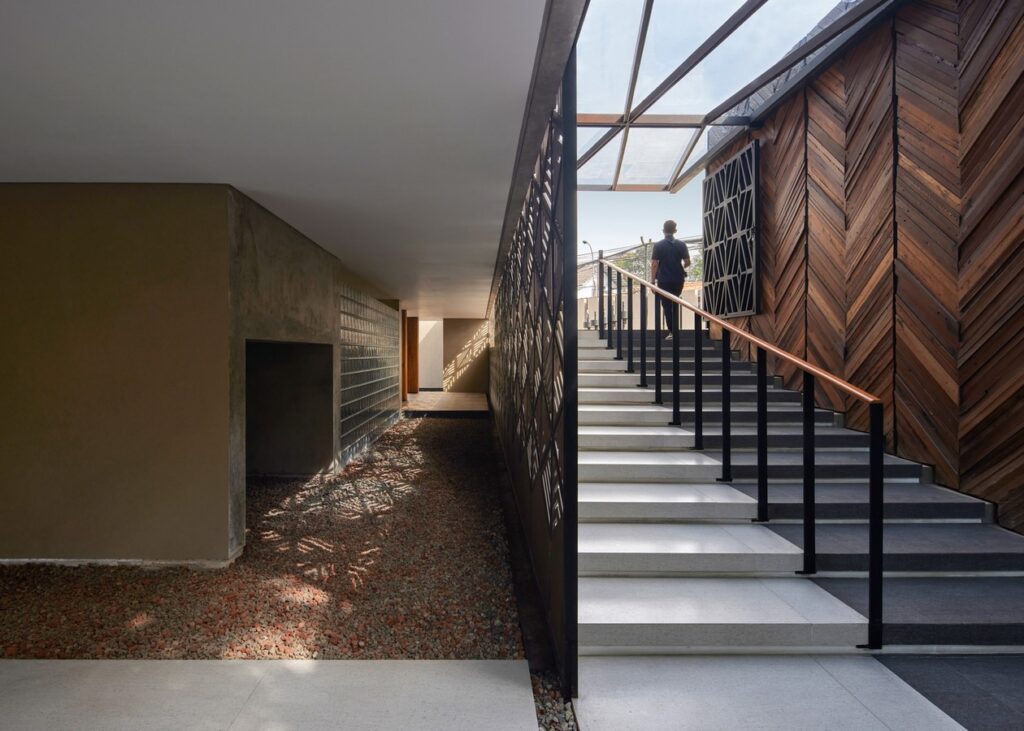
Architectural Features
The mosque’s design incorporates verandas on all sides to address the tropical climate, providing additional space for prayer when needed. Modern calligraphy adorns the facade partition pattern, guiding visitors into the mosque.
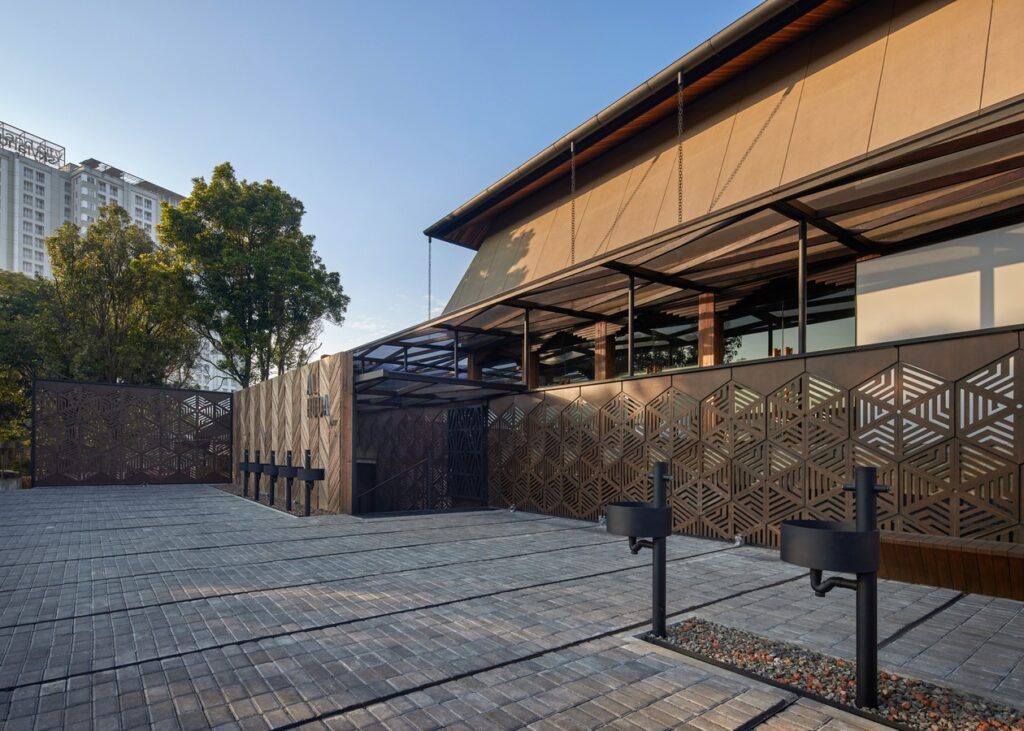
Tranquil Interior Spaces
The interior of Al Huda Mosque exudes serenity and peace, with a reflective water pool directing the prayer room on the first floor. Natural light illuminates the ablution area, maintaining privacy with a large glass block wall. The second-floor prayer room features three grand roof structures and displays modern calligraphy grids, enhancing the spiritual experience.
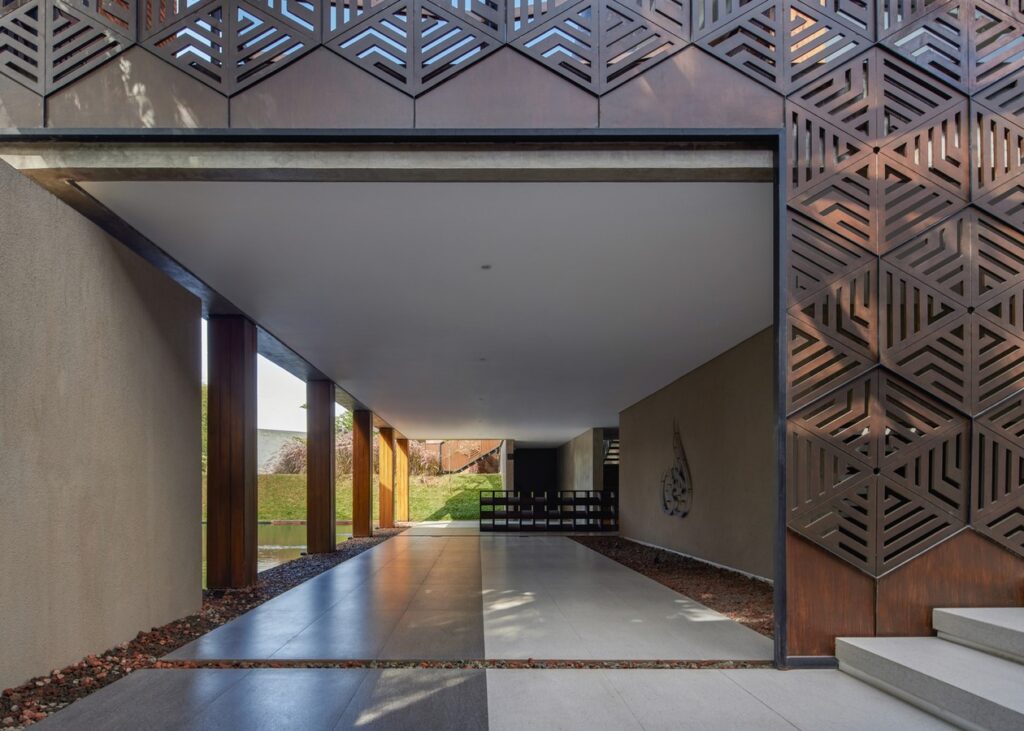
Materials and Construction Challenges
Local bricks, teakwood, and pebbles, sourced from the ruins of the old mosque, were used in the construction of Al Huda Mosque to preserve its historical significance. The construction process faced challenges during the COVID-19 pandemic, leading to design adjustments to comply with health protocols. Handwashing facilities were integrated into the entrance facade, reflecting the mosque’s adaptability and commitment to tradition.
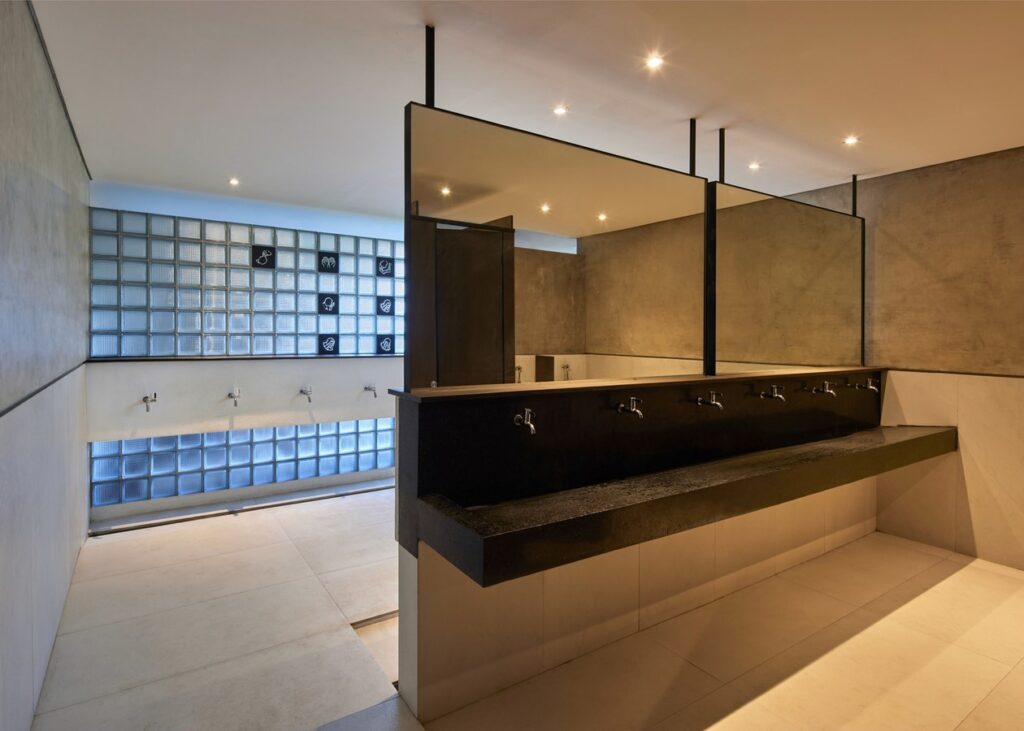
Conclusion
Al Huda Nusantara Mosque embodies a harmonious blend of traditional elements and modern design philosophy. By preserving historical values and embracing contemporary architectural principles, this mosque serves as a timeless symbol of Indonesia’s rich cultural heritage and religious diversity.



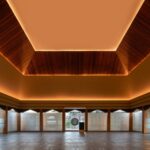
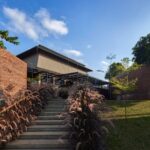
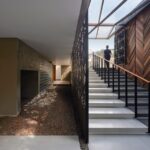
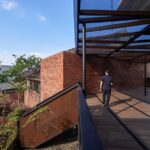
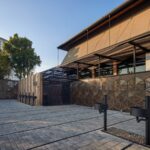
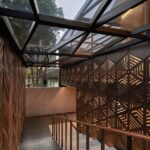
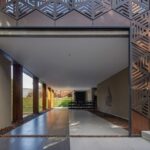
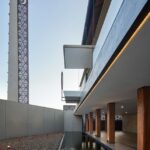
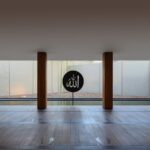

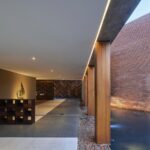

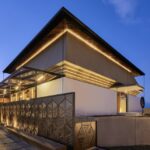
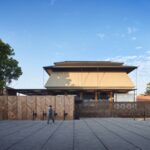
Leave a Reply